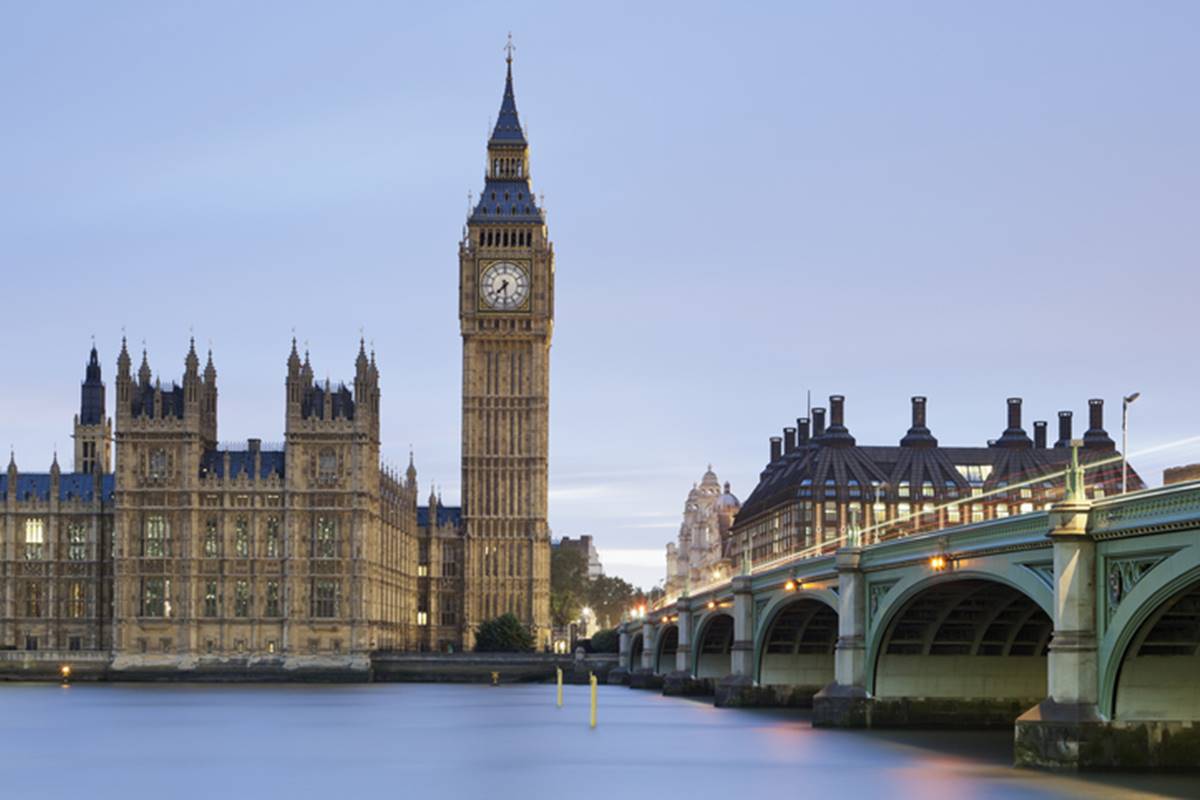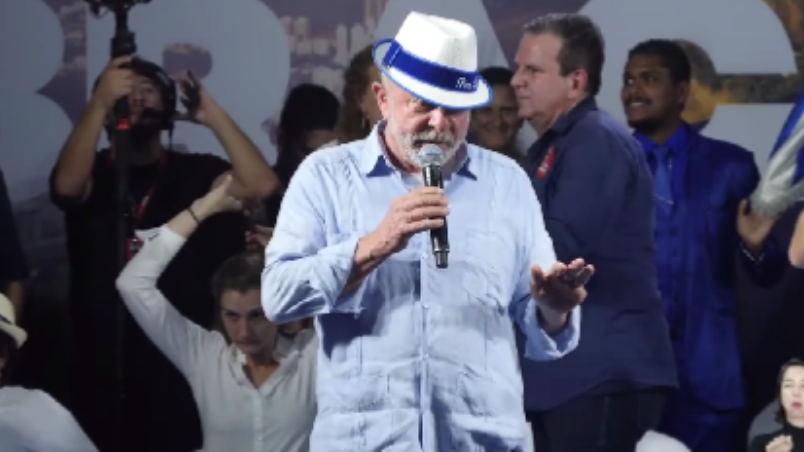Former President Lula (Labour) said during a campaign last week that the last few governments would not increase workers’ incomes. “The minimum wage has not been raised for five years,” he said. However, the truth is that this is misinformation. In recent years, some increases have been made.
Between 2018 and 2019, the Joint Department of Statistics and Social and Economic Studies (Dieese) reports that the minimum wage rose 1.14% above the inflation rate. This is what is usually called real gain. In 2018, the minimum wage was R$954, and in 2019 the level rose to R$998, approaching R$1,000 for the first time.
Between 2019 and 2020, taking into account Dieese figures, the minimum wage rose to R$1,045, with a so-called real increase of 0.39%. In these two years, the government was able to implement the increase in value to a level that could allow the purchasing power of Brazilians to increase.
The scenario began to change between 2020 and 2021. In this transition, the minimum wage increased from R$1,045 to R$1,100 and there was no real gain. Even the government raised the value of receipts, but only under inflation. This type of hike exists only so that the citizen does not lose purchasing power.
Between 2021 and 2022, there was no real increase in the minimum wage. In the end, Bolsonaro’s economic team decided to raise the cap to 1,212 Brazilian reals. Again, the increase only considered the issue of inflation, that is, people felt little of this increase.
real increase
When former President Lula talks about the years without a salary increase, he is referring to the real increase in the minimum wage. Every year the government needs to readjust the floor up, what can change is whether or not this rise will be real.
In real increment, the government applies a rise above inflation. Thus, people can gain value which eventually makes them able to have greater purchasing power. With more money in their pockets, they could hold a bigger fair, for example.
In the absence of a real increase in the minimum wage, the government considers the increase only according to the inflation data. In this case, the citizen does not feel the change because the prices of products and services also increased at the same level.
Minimum wage exceeded
This is a phenomenon that is felt not only by citizens who receive the minimum wage, but also by those who are part of social programs such as Auxílio Brasil, for example. In this case, there may also be a loss of purchasing power.
Today, Auxílio Brasil is worth R$600 less than emergency aid in the same amount, which was paid out in 2020. All because of the increase in inflation, which led to higher prices for products.
There is an aggravating factor in this regard. Unlike the minimum wage, the Federal government It is not required to reset the Auxílio Brasil amounts every year. Thus, there is a possibility that people will have no increase even in the scenario of high inflation.
See what success is on the Internet:

“Hardcore beer fanatic. Falls down a lot. Professional coffee fan. Music ninja.”


![[VÍDEO] Elton John’s final show in the UK has the crowd moving](https://www.tupi.fm/wp-content/uploads/2023/06/Elton-John-1-690x600.jpg)



More Stories
The 4-day work week could become a reality for those who have a formal contract
Limpa Nome promises discounts of up to 99%.
Foz de Amazonas: Obama technicians recommend rejection – 10/29/2024 – Environment